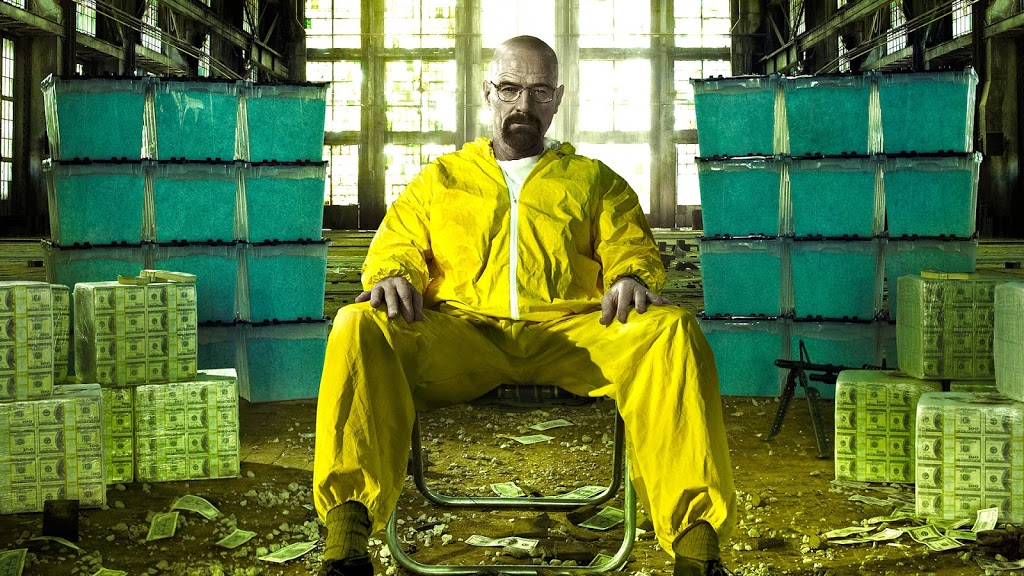I call it the Breaking Bad theory – where a series of decisions produce a compound effect similar to inflated confidence or ignorant faith leading to an attitude of contrived invincibility.
 |
| Becoming Heisenberg |
Like many others I watched the series Breaking Bad, and I not only loved it for its entertainment value, but I was equally fascinated by the actions of mainly, Walter White. White was an everyday father and husband, chemistry teacher at his local high school – who discovers he is terminally ill with cancer and is concerned about financing his treatments. So, he takes a bold step, he begins producing Crystal Meth.
Crystal meth is short for crystal methamphetamine, which is a white crystalline drug that people take by snorting, smoking, injecting it with a needle or taking it orally. It is just one form of the drug methamphetamine.
The Breaking Bad theory applies to business as well. If you consider scandals that we have seen, in sport, investment banking or any industry I believe that very bad behaviour is compound, and evolutionary in nature. For the most part we graduate into less moral behaviours as we successfully navigate smaller infractions. Walter White begins to cook meth as a way to pay for his cancer treatments so as to not disable his family finances or burden them with debt. From there he becomes exposed to other unsavoury opportunities and it’s a constant battle of will he or won’t he? That becomes the drug itself for Walter White – the intoxication of the danger, of the invincibility, of the drunken perception of success.
The theory really, rests with risk. If you succeed without being caught, harmed or hurt; then that risk becomes less threatening and the next ‘more’ risky step seems far less daunting or unachievable. It is like riding a bike, at first the thought of riding without training wheels seems impossible, but after some time on the bike it feels more possible because you are more comfortable with riding. So you graduate to life without training wheels, then to going faster, or jumping curbs or racing your friends. You may tumble, you may fall, but you do not go back to having your training wheels. You simply, just get back on the bike.
There is a lot of opportunity to judge leaders in high-ranking positions that make sizeable errors and take crazy risks that end up jeopardizing a lot of people, a lot of organizations and potentially, a lot of hard work done by others. What is the possibility that those leaders, whether taking bribes or running ponzi schemes, are only as bad as their first mistake?
Is it rational to believe all humans have the ability to cross the line? Where is that line? Is it different for all of us? Does our risk tolerance come into play? What about our childhoods? Nature? Nurture? What about different views on what is moral or right? What about taking a chance in a weak moment and feeling the thrill of success? Would you do it again? Would you go further? What would make you stop?
My point is do we need to consider how many opportunities exist for us, on a daily basis, to step out on our morality? And is it reasonable that sometimes those opportunities are so tantalizing that our core belief system takes a back seat. Maybe we only see one way out? Maybe we stop caring what someone or a bunch of someone’s will think? Maybe we see a small risk for a large pay off? Maybe we want to see if we will get caught? Maybe we just want what we want. Maybe we are selfish and juvenile. Maybe we are human.
Perhaps as leaders, within our own team and businesses, we can be the example of analysis. Where we don’t make immediate judgements on others behaviours, instead we ask questions and we seek to know where the first fracture actually occurred. Where we assess whether or not as the leader, we have potentially let something happen – promoted it to happen or simply, not paid enough attention so it could happen.
Our call as leaders is to not only be the example, but to be the pioneer.

